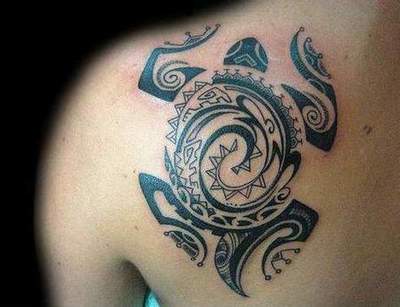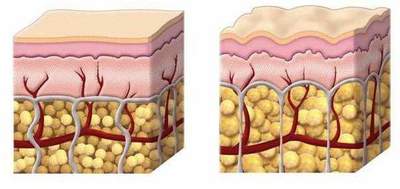Checklist: Do you use emotional logic

Even psychologists with years of experience can be difficult to avoid the cognitive distortions that hinder the development and decision-making. One of the most popular misconceptions - emotional logic - the process by which a person thinks that his emotional reaction to an event that proves something, regardless of the facts. Heroine decided to find out how to notice a chain of thoughts that hinder the acceptance of reality.
What is the emotional logic?
The term "emotional logic" back in the 70's for the first time used the Aaron Beck, the founder of cognitive therapy. According to Beck, whenever someone comes to the conclusion that his emotional reaction to somehow defines reality, he uses emotional logic. Any other facts and confirmation of the situation are ignored or rejected in favor of the emotional and "truthful" feelings.
Emotional logic enhances the effects of other cognitive distortions. For example, you may feel insecure on the exam, even if you know the material. The emotional begin to relate to the quality of their knowledge, the more likely you will start to arrange the answers in the test randomly, which leads to failure because of the self-fulfilling prophecy.
Beck argued that such arguments are based on the negative thoughts that are better considered as uncontrollable and involuntary.

Examples emotional logic
- Do you feel lonely, so we conclude that about you no one cares.
- You make the conclusion that you have to be to blame, although there is no evidence that you have done something wrong, and close this out.
- You can not lose weight, but your doctor and surrounding said that it is within the normal range.
- You constantly demonstriruesh how you valuable and useful for the community, but at the same time you feel that you're not worth anything - because you can not get rid of the feeling of uselessness.
- Are you constantly struggling with jealousy. You can not stop blaming your partner to change, even if there is no evidence of this.
- You feel smart enough, even if your grades were always good, and the premium is regularly increasing.
- You feel fear, so I think that you are in danger of
Very often these thoughts associated with anxiety disorder or depression, so do not live by these distortions.
What to do if you live the emotions?
If you think that your emotion is something "proves" - first of all it means that hard for you to be in the current situation. This makes it difficult to move you forward if you feel that something you can not get, you probably put it off and do not even try. You can seek help from a therapist who will help to overcome the cycle of negative thoughts. In addition, you can independently develop the habit of separating fact and fiction.

When your emotions capture all your mind, ask yourself, is what happens in reality, or is it a condition that I created myself? Try to stop and think, what would you say to her friend or family member, if he experienced something similar.
Analyze your emotions, ask yourself these questions:
- whether my feelings control my bias?
- I can devalue their feelings in a given situation and rely only on the facts?
- which confirms my emotions at this moment?
Remember that your feelings do not reflect your value. The fact that you feel a certain way, does not mean that you should feel guilty about anything. Even though your feelings are important, they should not dictate how you perceive reality.
Do you notice that often confuse intuitive and emotional decision?













































